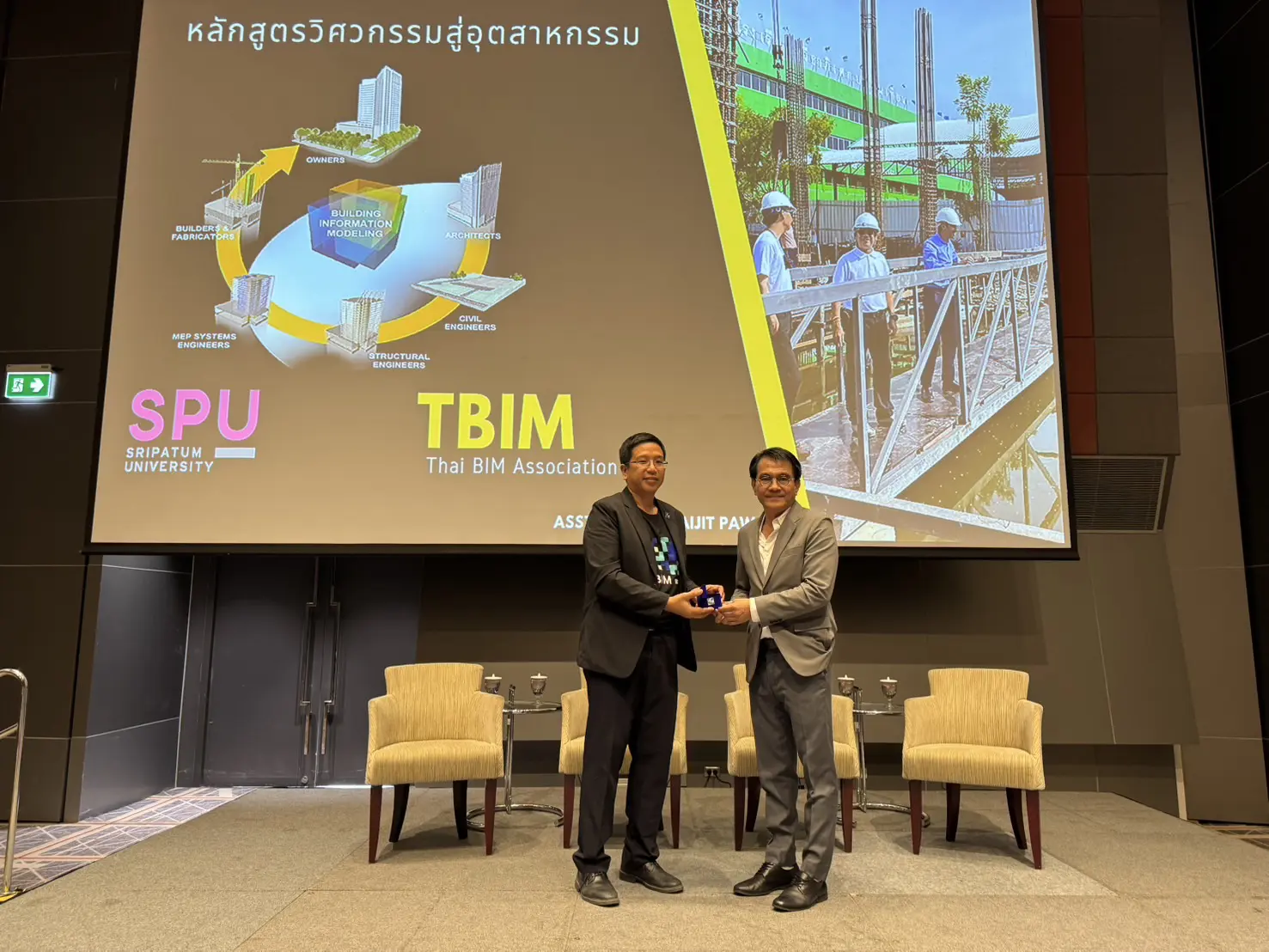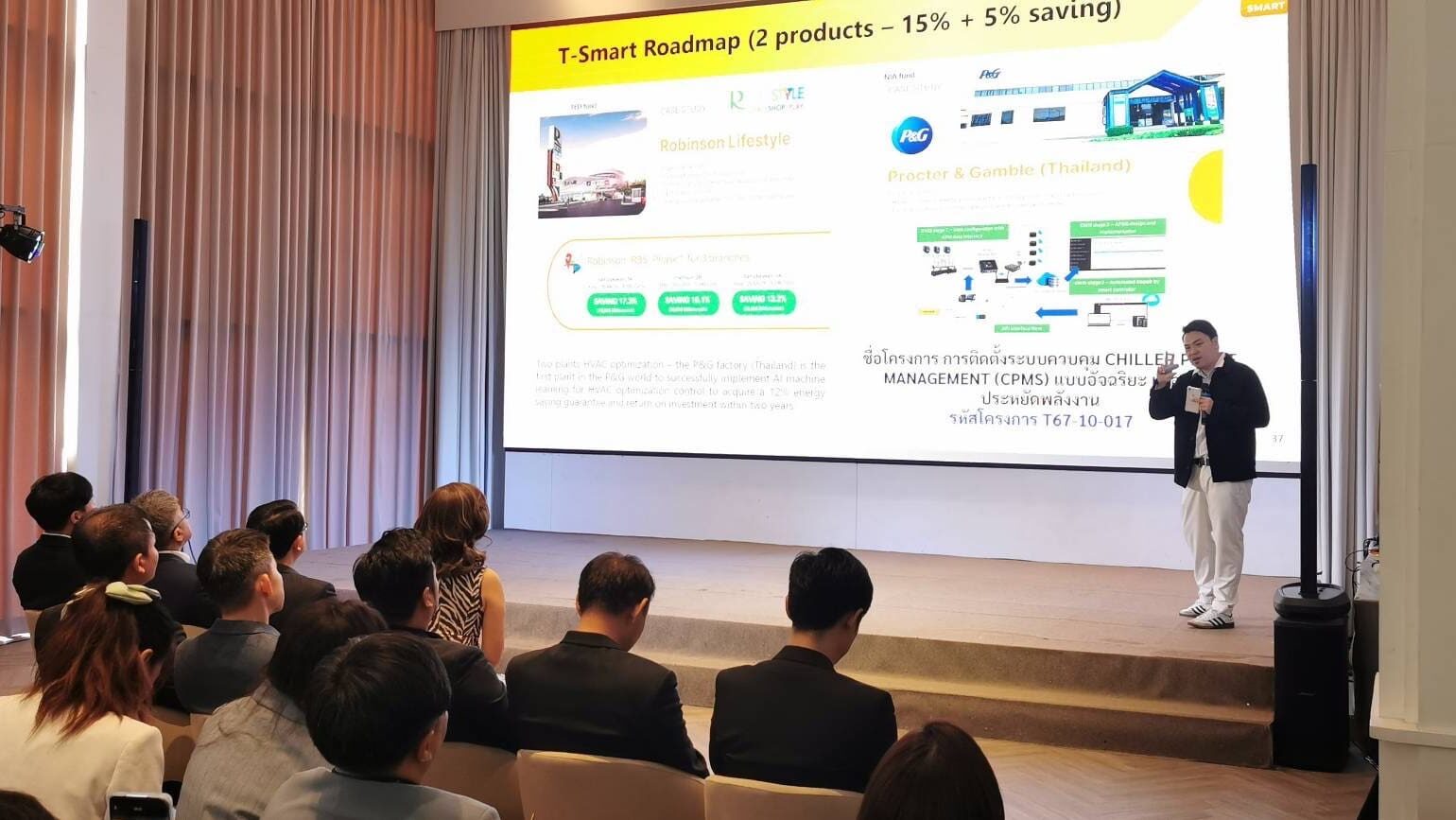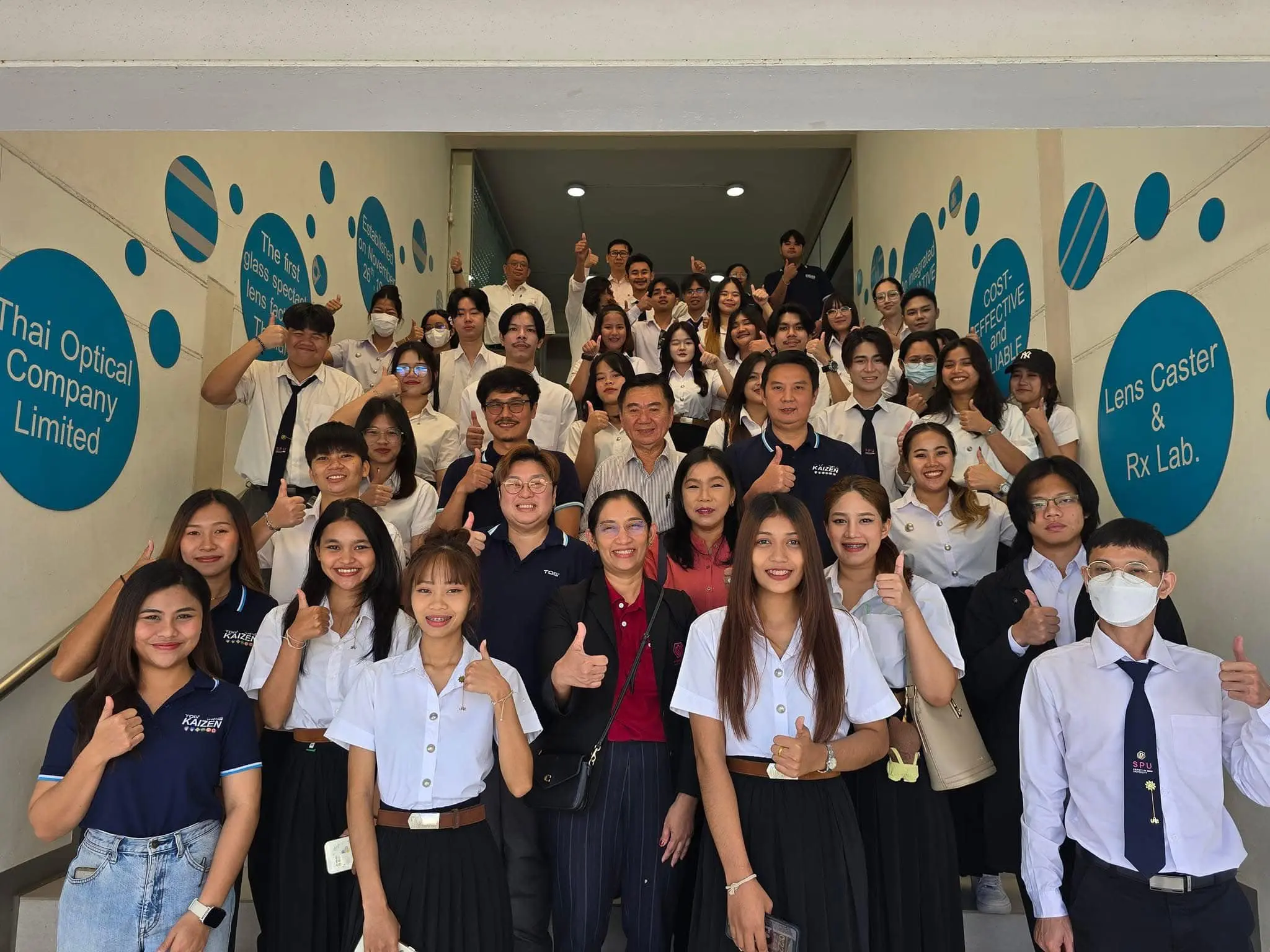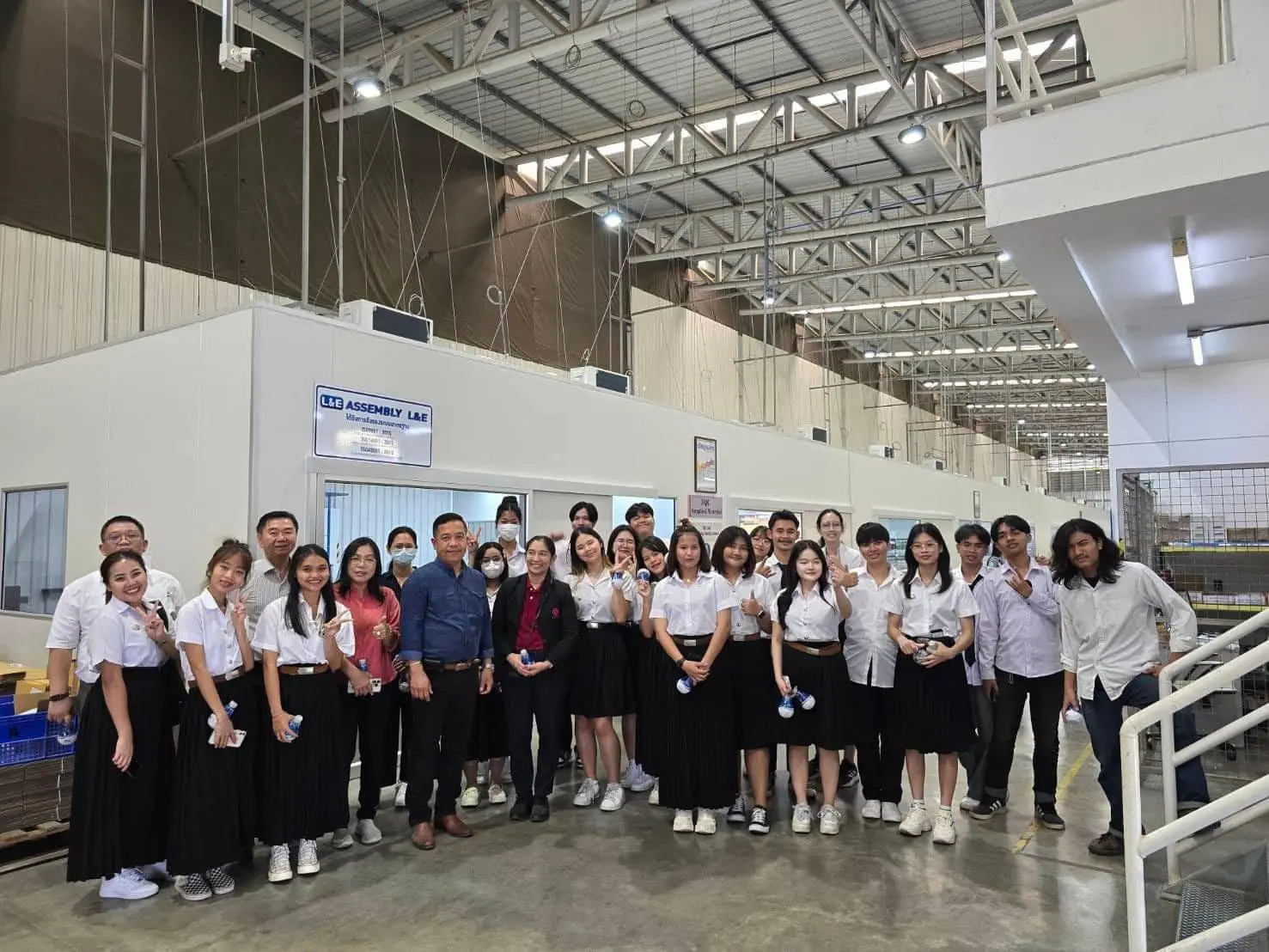Water management is another major problem in Thailand that has a wide impact not only on the population living in the provinces but also in important urban areas. This has been the origin of the “Hydraulic Mobile Water Pump” development project that the Faculty of Engineering, Sripatum University, led by Dr. Kiatsak Sakulphan, received funding support from the industrial sector, Nampol Intertrade Co., Ltd., to develop a mobile water pump that is highly efficient and meets international standards under ISO 9906 standards and has been registered as a Thai innovation in 2021.
This research on the development of a mobile hydraulic water pump is another successful result from the collaboration of various sectors in society. The faculty received funding support from the industrial sector, Nampol Intertrade Co., Ltd., because the company wanted to design a water pump for urban water management in various government projects. It is another proud achievement of Sripatum University that allows Thai people to produce large water pumps by themselves without having to import them from abroad, at a reasonable price and for wider use.
This research project has also received good support from the president, deans, and faculty members of the Faculty of Engineering, Sripatum University, who have provided assistance throughout the past period. The results of this project have been put into practice in water management in cities, in various government projects nationwide, and have also been used as learning materials, disseminated to students as projects, and as research topics at academic conferences within the university to create new generations of young engineers who have dreams, determination, and commitment. They will use my knowledge to further develop their careers in the future and be an important force in developing and elevating the standards of agricultural operations, helping farmers to have water available throughout the year, generating consistent income to support themselves and their communities, and becoming an important force in developing the agricultural industry, another core of the Thai economic system in the future.
We must give a big round of applause to Dr. Kiatsak Sakulphan, a lecturer at the Department of Mechanical Engineering and Industrial Innovation, Faculty of Engineering, who has a mindset and determination to work that emphasizes action in order to be able to solve engineering problems in the country in a tangible way. This has led to the research on the development of a mobile hydraulic water pump this time, which is simple but has hidden benefits, in line with the concept of Simply Significant, turning difficult things into easy things that can be used practically.













